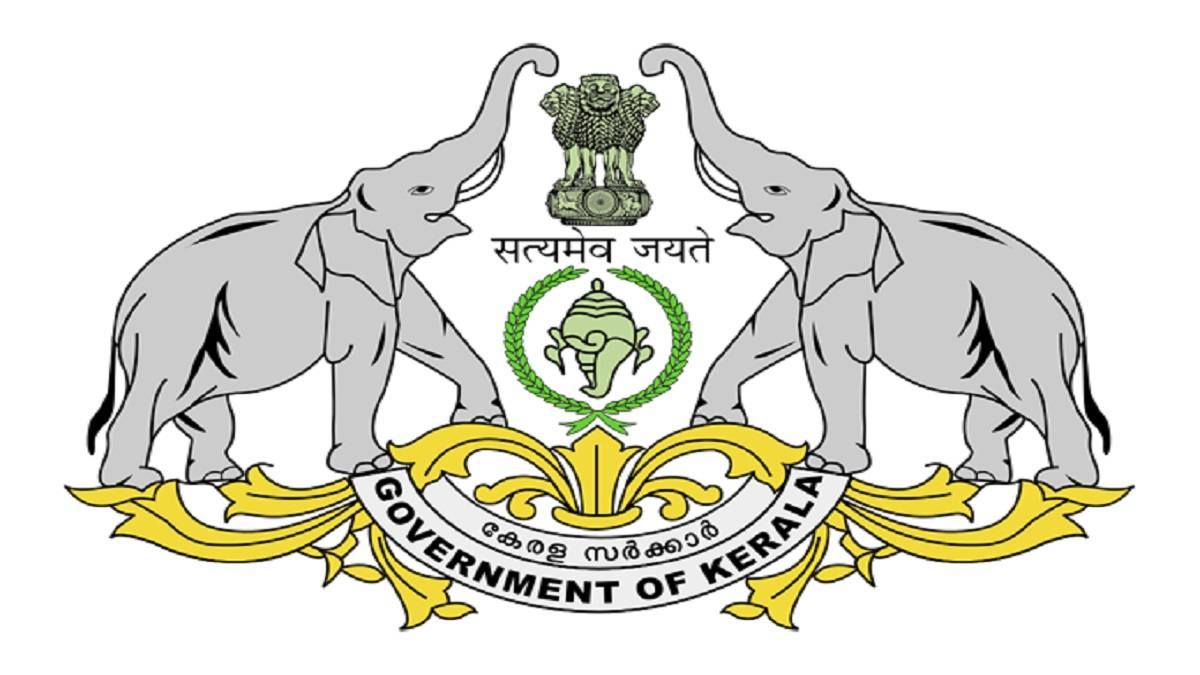Kerala Rejects UGC’s Draft Curriculum Framework, Cites Ideological Bias and Threats to Academic Freedom
Kerala govt has also contended that LOCF undermines academic freedom by limiting flexibility in course design and curriculum development.
Kerala government has rejected University Grants Commission’s draft Learning Outcome-Based Curriculum Framework (LOCF) for undergraduate courses, asserting that it undermines university autonomy and promotes ideological bias.
Decision follows a review by a state-appointed expert committee, whose findings were forwarded to both UGC chairperson and the Union Education Minister.
Higher Education Minister R. Bindu described the framework as lacking academic depth, philosophical coherence and respect for pluralism. Bindu argued that the UGC draft exceeds constitutional role by prescribing syllabus, course structures and reading lists, which is central overreach,” as reported by Matrubhumi.
The expert committee included scholars such as Prabhat Patnaik and Romila Thapar, who flagged several issues in the draft UGC curriculum. It stated that the framework tends to privilege Western academic models and introduces content framed under the label of the “Indian Knowledge System” in ways that may exclude diverse voices.

One key point of contention is the inclusion of ideologically charged content. The draft suggests reading lists featuring works by V. D. Savarkar in the elective political science course on the Indian freedom struggle, and links concepts like “Ram Rajya” to corporate social responsibility and sustainable development—proposals the Kerala government claims reflect a particular political agenda.
Kerala govt has also contended that the LOCF undermines academic freedom by limiting flexibility in course design and curriculum development. It has also urged the UGC to withdraw the current draft and initiate a fresh one which will be more inclusive and hold consultation with universities, state governments and academics.
Kerala State Higher Education Council (KSHEC) earlier formed a high-level committee to examine the draft across nine subjects, like economics, mathematics, political science and home science. The review analyzed it for its scientific validity, ideological neutrality, structural consistency and alignment with existing credit frameworks.
Kerala has also hinted at exploring legal recourse if the UGC does not properly amend or withdraw the framework. In past sessions, the state assembly had passed a resolution urging the Centre to engage in deeper consultation with states before imposing curricular regulations.
Read More:
Follow Shiksha.com for latest education news in detail on Exam Results, Dates, Admit Cards, & Schedules, Colleges & Universities news related to Admissions & Courses, Board exams, Scholarships, Careers, Education Events, New education policies & Regulations.
To get in touch with Shiksha news team, please write to us at news@shiksha.com

 Call 8585951111
Call 8585951111
Abhay Anand is an experienced education journalist with over 15 years in print and digital media. Currently serving as Manager- Editorial at Shiksha.com, he specializes in higher education policy, student mobility,
Read Full Bio